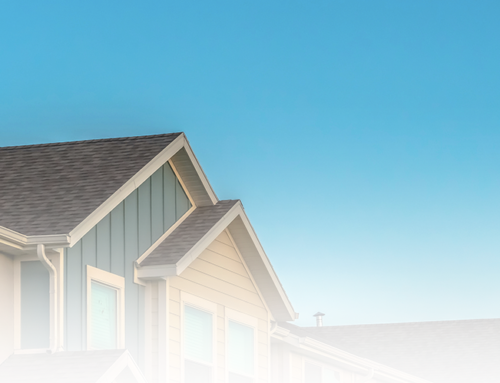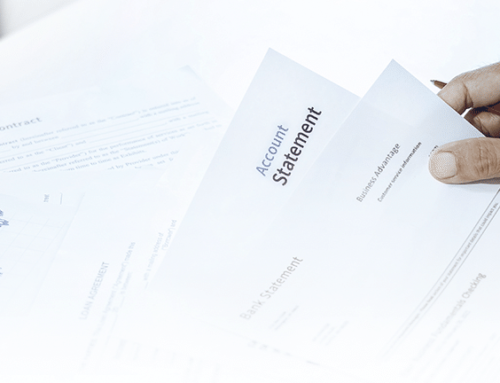House hunters shouldn’t focus on their emotions and make a reasonable purchase decision based on three criteria: if the house is under market value, has strong growth potential, and generates positive cash flow.
Flashy brochures for off-the-plan purchases, modern furnishings to make the property appear less old, and building restrictions are just a few things to keep an eye on. You lose if you allow emotion guide your decision-making rather than seeing to it that the facts match up.
Despite the rising costs of Australian homes, more first-time buyers are entering the market than ever before, particularly in NSW and Victoria. According to new ABS Housing Finance statistics, the rate has risen to 16.6% from 14.9 percent in July (first home buyers as a portion of owner occupier approvals). Loans to first-time buyers in New South Wales are at their highest level since 2012, while first-time buyers in Victoria are at their highest level since 2013.
1. Spending too much money on a “dream” home
Purchasing your first home, like purchasing a new car, is an emotional decision for many people. It shouldn’t be that way. That brand-new car will depreciate the moment you drive it away from the dealership, and that high-priced home you spent on won’t necessarily appreciate in value to match the skyrocketing price tag you paid for it.
The best way to ensure this is to begin by purchasing below market value and getting a head start. Have a firm amount in mind, based not only on what you can afford, but also on what the property is truly worth, and stick to it, whether you’re at an auction or negotiating.
2. Being influenced by model houses
Model houses sell imaginations, not houses. When you step inside a model home, you begin to imagine yourself living a wonderful life. It might paint you a picture of a happier and better life with those stylish furniture and airy minimalist decor. Remember that the higher the price of the property, the more TV advertising, display homes, pamphlets, billboards, and marketing efforts were invested on them. You shouldn’t have to pay a premium for a ‘new’ home.
3. Borrowing more money than you require
You can be sure that there will be unanticipated charges and maintenance costs to be prepared for. If you borrow money up to your spending limit, chances are it will put you in a tight spot and risk of losing your house if repayments cannot be met on time. You need to have always have a buffer.
4. Failure to do extensive research
It’s vital to conduct extensive research on the neighborhood where you are buying your home, as well as comparative real estate prices and the property itself. You could find yourself in hot trouble if you don’t have sufficient pest and building reports, as well as information on council zoning and building approvals.
5. Purchasing a fixer-upper house
A fixer-upper is a home that you can buy in a cheaper price because it needs major repairs. While you may be able to live in a fixer-upper, you will have to invest a significant amount of time and money in improvements.
When making financial decisions, always put emotion aside and be practical about what you can afford.
You can do either an extensive research and planning or we could do these all for you and we’ll make sure you don’t fall for these traps when buying your first home. Book your FREE Consultation Call now.









Leave A Comment